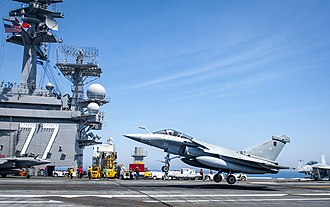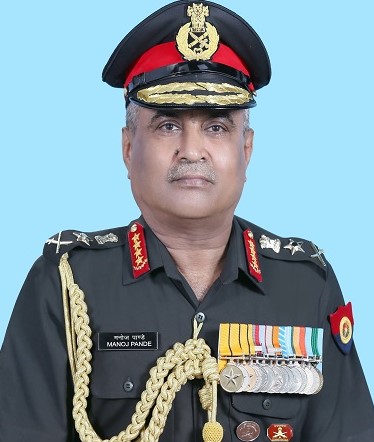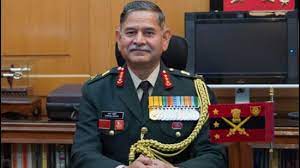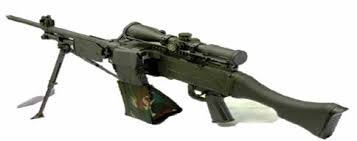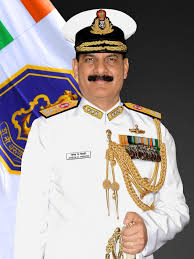India and France will start contract negotiations for the Rs 50,000 crore deal for 26 Rafale Marine fighter jets soon.
Earlier, the Indian government has approved the acquisition of Rafale Marine fighter jets from France to equip its indigenous aircraft carrier, INS Vikrant.
Rafale Marine Cost and Capabilities
The Rafale Marine, or Rafale M, was chosen over the American F/A-18 Super Hornets after rigorous testing at the shore-based test facility in Goa.
One of the key advantages of selecting the Rafale M is its compatibility with the Indian Air Force’s existing Rafale fleet.
This commonality is expected to reduce costs related to spares and maintenance, as both aircraft share about 80 per cent of their components.
The primary distinction between the two versions lies in the reinforced nose and landing gears of the Rafale M, designed to handle the demanding conditions of aircraft carrier operations.
Rafale M Specifications
The Rafale M, manufactured by Dassault Aviation, is a versatile, single-seat aircraft capable of performing a range of missions including air defense, nuclear deterrence, deep strikes, and reconnaissance.
With a wingspan of 10.90 meters, a length of 15.30 meters, and a height of 5.30 meters, the Rafale M boasts a maximum take-off weight of 24.5 tonnes and can carry an external load of up to 9.5 tonnes.
The aircraft can reach a maximum speed of 750 knots (1,389 kmph) and operates efficiently at altitudes up to 50,000 feet.
Rafale M Operational Capabilities
The Rafale M can execute both air-to-ground and air-to-air missions simultaneously.
Its mission system supports a variety of armaments including the long-range Meteor missile, MICA missiles, HAMMER, SCALP, AM39 EXOCET, and laser-guided bombs, along with a 2,500 rounds-per-minute NEXTER internal cannon.
Dassault Aviation describes the Rafale as an “omnirole aircraft,” capable of adapting to diverse combat scenarios and threats.
Rafale’s Track Record
The Rafale fighter has a proven track record with the French military.
The initial variant, Standard F1, focused on air-to-air capabilities and was operational from 2004.
Subsequent versions expanded its mission profile to include air-to-ground capabilities.
The current Standard F3 variant has been in service since 2008.
In early 2023, the French military began receiving the upgraded Standard F4 Rafale fighters.

